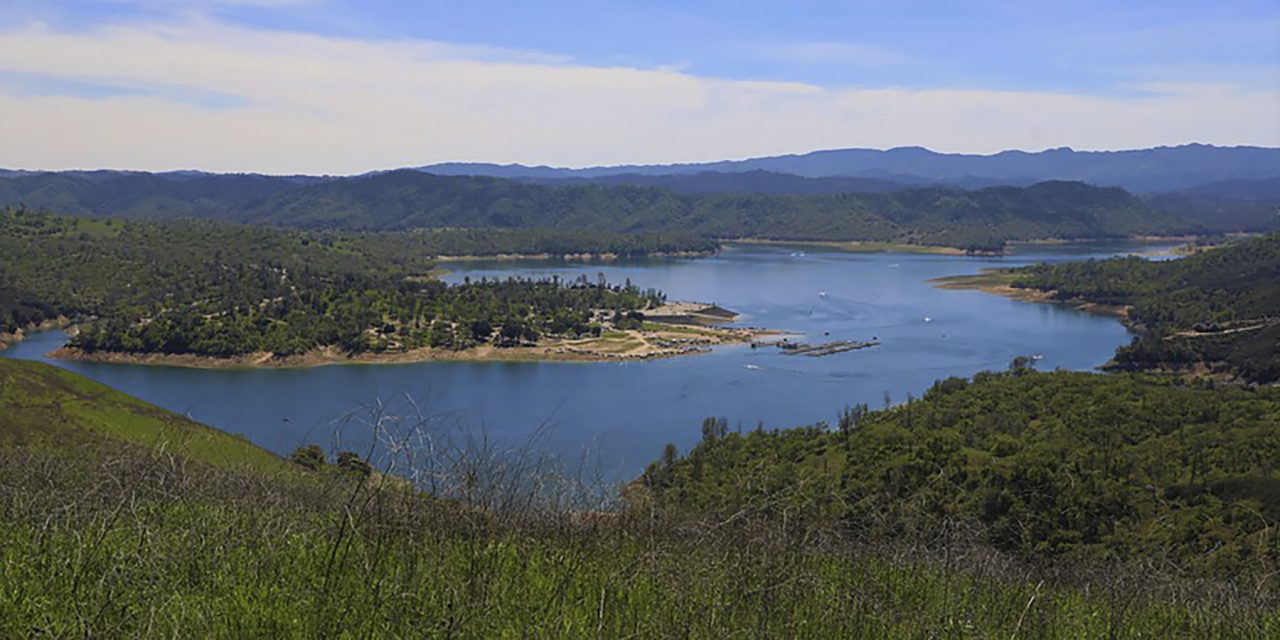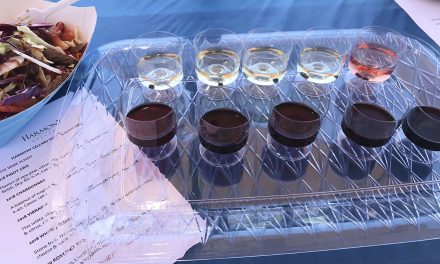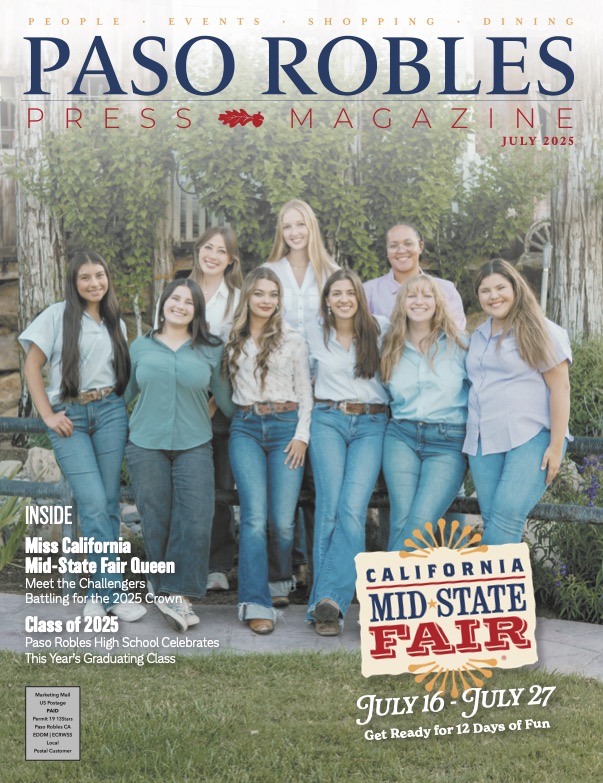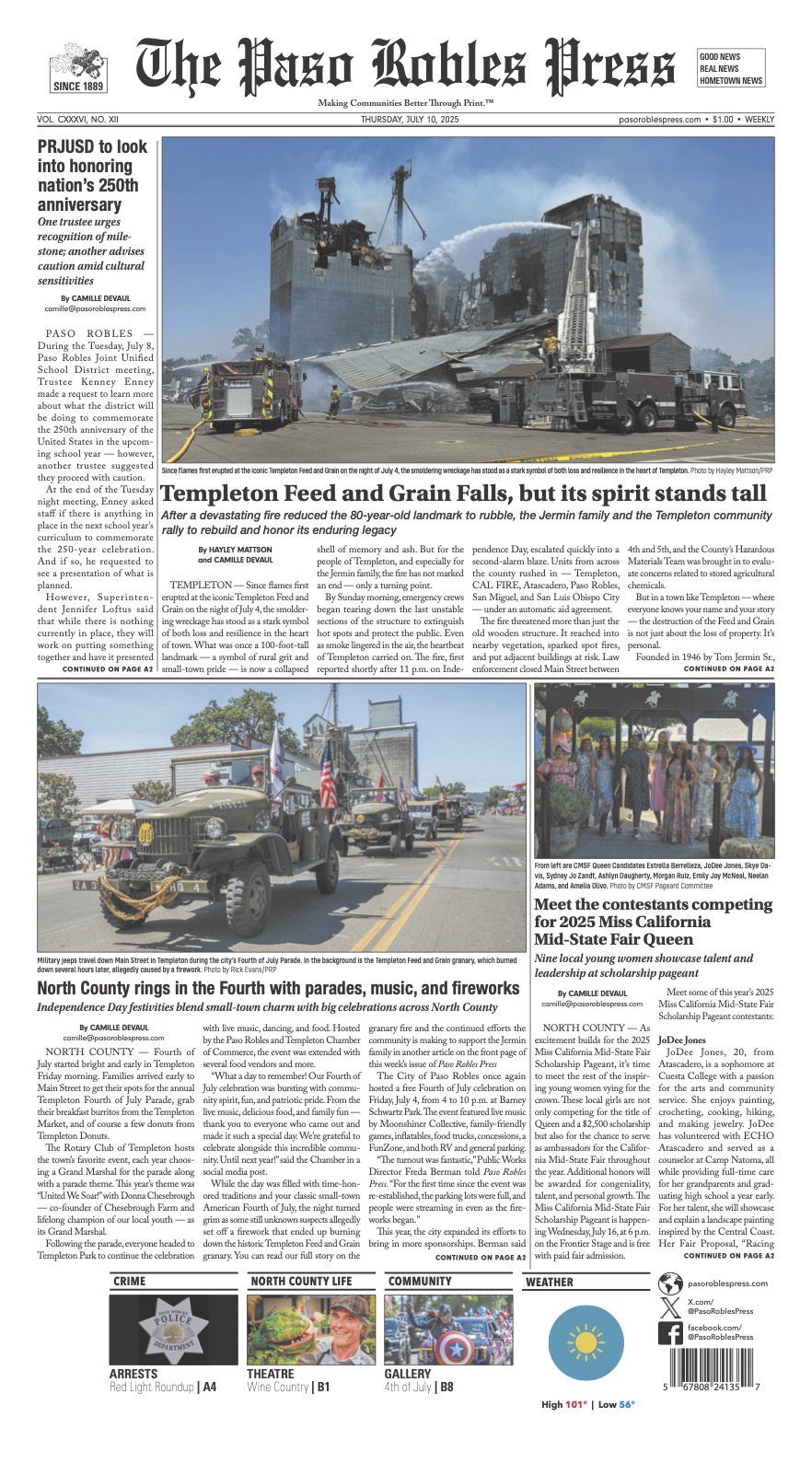State Parks provides safety tips to help Californians responsibly visit waterways amid pandemic
California State Parks and the Division of Boating and Waterways (DBW) remind water enthusiasts during National Safe Boating Week (May 16-22) how to responsibly recreate in California’s waterways this year during COVID-19. As State Parks and other park operators begin to increase access at parks and waterways in compliance with state and local public health ordinances, it is important for everyone to know how and where they can recreate, who they can go boating with, and how the use of life jackets continues to be life-saving.
“During COVID-19, it’s critical for water enthusiasts to limit the unnecessary risk not only to themselves, but to other Californians, law enforcement and first responders,” said Ramona Fernandez, DBW Acting Deputy Director. “For National Safe Boating Week this year, we’re highlighting ways Californians can prepare themselves to enjoy waterways close to home and maintain the important physical distance from others.”
Below are some COVID-19 and safety tips for this year’s boating and water season:
- Plan Ahead: Visit the webpage of your local waterway before leaving home to find out if it is open, if parking is available or if any new visitor guidelines are in place. Take a boating safety course to learn the “rules of the road” for boating.
- Stay Local: Stay close to home. Do not take road trips to California’s waterways or neighboring states. We all have the responsibility to mitigate the spread of COVID-19.
- Boat Only with Your Household: Your party should only include those within your immediate household. This means no guests or friends, and no gatherings, picnics or parties.
- Conduct a Vessel Check: Make sure you have the right safety equipment on board your boat such as life jackets, flares, navigation lights, a horn or whistle, and a first aid kit. Click here to download the virtual safety check form or to schedule a vessel safety check.
- Stay Clean: Be prepared, not all restrooms at parks or boating facilities are open. Bring soap/sanitizer, especially for use after touching a marina gate or fuel pump. And always pack out your trash.
- File a Float Plan: Email/text a float plan to a loved one or friend with details of your trip in the event of an emergency.
- Wear a Life Jacket: Everyone should wear a properly fitted U.S. Coast Guard-approved life jacket when in or near the water. You never know when an accident may happen, and a life jacket can help save you until search and rescue help can arrive. In swift water, even the strongest swimmers may be easily overwhelmed. By the time a person is struggling in the water, a rescue is extremely unlikely and places the rescuer at risk. Learn More
- Stay Safe at Six Feet: Maintain a physical distance of six feet or more. Do not raft up to other boaters or pull up onto a beach next to other recreators.
- Avoid Alcohol: Do not drink and boat.
- Actively Supervise Children: Actively supervise children in and around open bodies of water, giving them your undivided attention. Do not assume that someone is watching them. Appoint a designated “water watcher,” taking turns with other adults. Teach children that swimming in open water is not the same as swimming in a pool: they need to be aware of uneven surfaces, river currents, ocean undertow and changing weather.
- Be Cautious in Rivers: Even though this year’s snowpack is below average (37 percent of the May average), rivers will continue to rise as snow melts and will be dangerously cold. Avoid these waterways. If you do fall into a river without a life jacket on, watch this video to help increase your chances of survival.
For more water safety information, including boating laws and a boating facility locator on over 1,450 marinas and waterbody managers, please visit dbw.parks.ca.gov/BoatingSafety.
State Parks has developed a one-stop COVID-19 resource center – parks.ca.gov/FlattenTheCurve — to find park safety and closure information. Please check this webpage regularly, as it will be updated with new information as it becomes available.












